Armand-Jean du Plessis de Richelieu was a French cardinal and a 17th-century politician. He was born in Paris on September 9, 1585, into a small French bourgeois family. Initially destined for a military career, at 22 [1607] he became bishop of Luçon, a position his family controlled. In 1614 he took part in the States-General, an assembly convened by the King of France. It marked his debut in national politics. Two years later [1616] he became Secretary of State to Marie de Medici, an ambitious regent governing the country while she waited for her young son, Louis XIII of Bourbon, to come of age. Court intrigue sped up Louis XIII’s rise to the throne. Marie was expelled [1617] from the royal court, and Richelieu was sent away along with her. He retired to Avignon to study theology. Two years later, his patron Marie de Medici put herself at the head of a group of rebellious aristocrats. Richelieu was called to Paris, where he acted as a skilful mediator between the King and his mother, gaining the sovereign’s trust. Within a few years he became a Cardinal, [1622] and was nominated Chief Minister, [1624] obtaining control over French politics.
Richelieu worked hard to reduce the privileges of the aristocracy, with the intent of reinforcing the King and expanding his own power. He clashed with the Huguenots, French protestants supported by their own army and considered a threat to the monarchy. Richelieu personally led an offensive against them that ended with the victorious siege of La Rochelle [1628Many nobles detested the cardinal’s efforts to centralize power, and he was the target of a number of plots, all of which were foiled by an efficient spy system. The main aim of his foreign policy was to restrain the House of Habsburg, which governed Spain and Central Europe. In the wake of clashes over northern Italy, Richelieu confronted his rivals directly in the Thirty Years’ War [1618 – 1648], a conflict that pitted Catholics against Protestants all over Europe. Despite the fact that he was a Catholic cardinal, in 1635 Richelieu aligned France with the Protestant countries for strategic reasons. After a series of early defeats, the French turned the war to their favor, playing a decisive role in defeating the Habsburgs. Richelieu didn’t live to see the French triumph. He died in Paris on December 4, 1642. He was 57. France was stronger and more solid in his wake, ready to exert its influence across Europe. Richelieu reappeared in The Three Musketeers, a novel by Alexandre Dumas father in which the cardinal is portrayed as a powerful man with no scruples.
Richelieu worked hard to reduce the privileges of the aristocracy, with the intent of reinforcing the King and expanding his own power. He clashed with the Huguenots, French protestants supported by their own army and considered a threat to the monarchy. Richelieu personally led an offensive against them that ended with the victorious siege of La Rochelle [1628Many nobles detested the cardinal’s efforts to centralize power, and he was the target of a number of plots, all of which were foiled by an efficient spy system. The main aim of his foreign policy was to restrain the House of Habsburg, which governed Spain and Central Europe. In the wake of clashes over northern Italy, Richelieu confronted his rivals directly in the Thirty Years’ War [1618 – 1648], a conflict that pitted Catholics against Protestants all over Europe. Despite the fact that he was a Catholic cardinal, in 1635 Richelieu aligned France with the Protestant countries for strategic reasons. After a series of early defeats, the French turned the war to their favor, playing a decisive role in defeating the Habsburgs. Richelieu didn’t live to see the French triumph. He died in Paris on December 4, 1642. He was 57. France was stronger and more solid in his wake, ready to exert its influence across Europe. Richelieu reappeared in The Three Musketeers, a novel by Alexandre Dumas father in which the cardinal is portrayed as a powerful man with no scruples.
RELATED
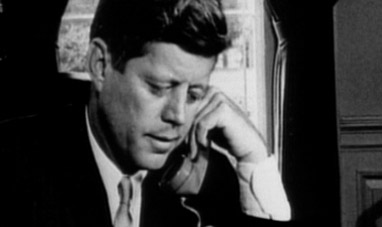

JOHN FITZGERALD KENNEDY
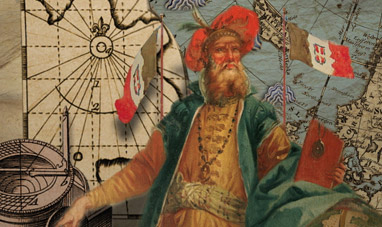

JOHN CABOT
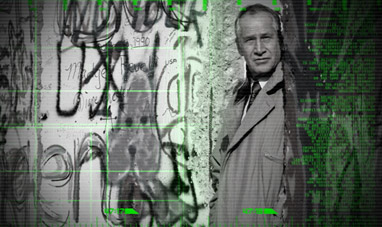

MARKUS WOLF
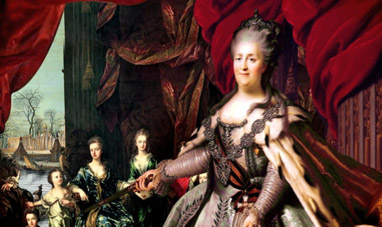

CATHERINE THE GREAT


PORFIRIO DÍAZ
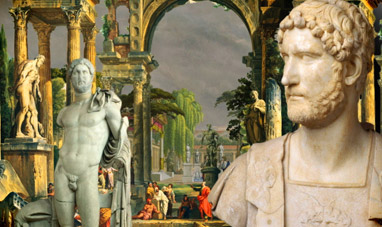

HADRIAN
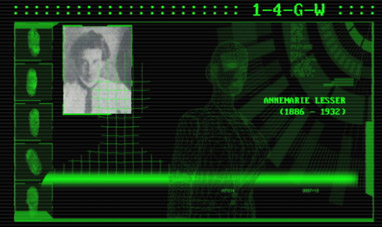

FRÄULEIN DOKTOR
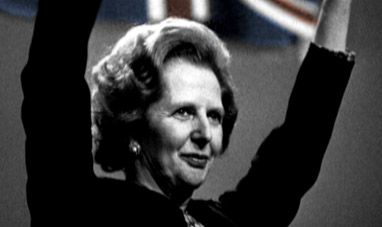

MARGARET THATCHER


TUTANKHAMEN
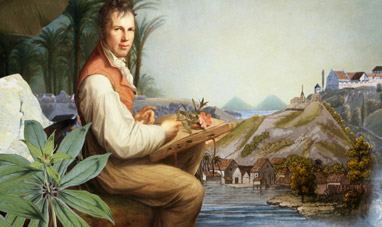

HUMBOLDT, ALEXANDER VON
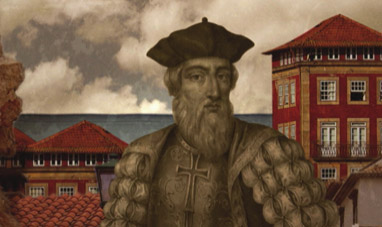

VASCO DA GAMA


JAMES KEIR HARDIE


LEANDRO ARAGONCILLO
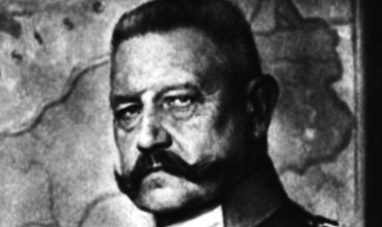

PAUL VON HINDENBURG
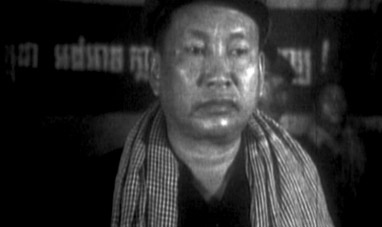

POL POT
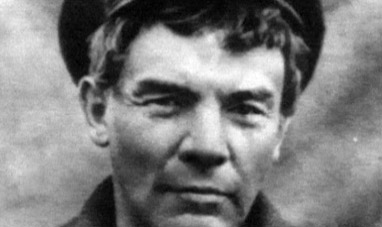

VLADIMIR LENIN
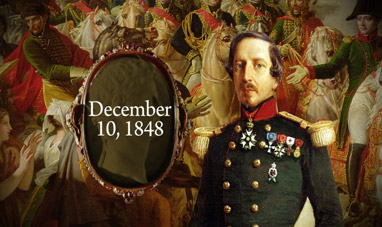

NAPOLEON III
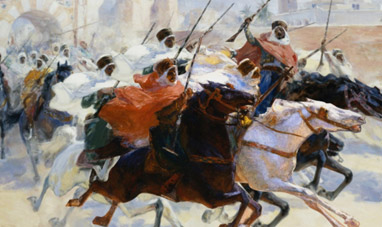

ABBAS I THE GREAT
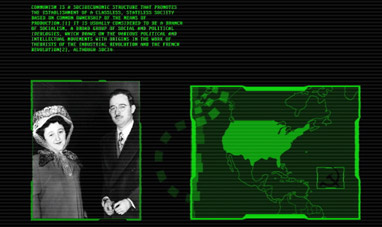

ROSENBERGS, THE
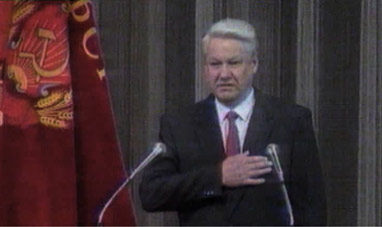

BORIS YELTSIN
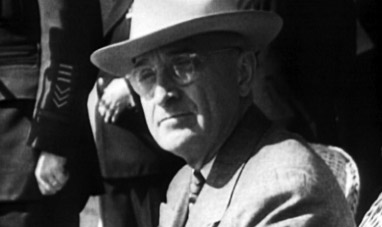

HARRY TRUMAN
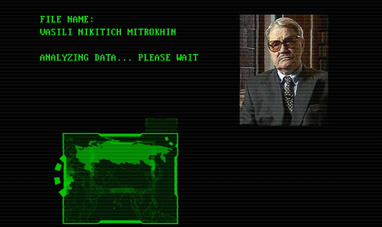

VASILI NIKITICH MITROKHIN
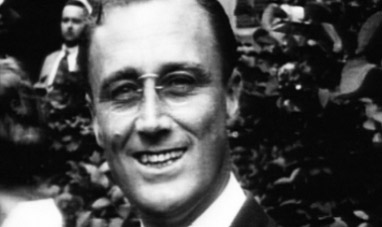

FRANKLIN DELANO ROOSEVELT
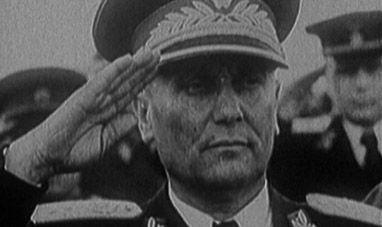

JOSIP BROZ TITO
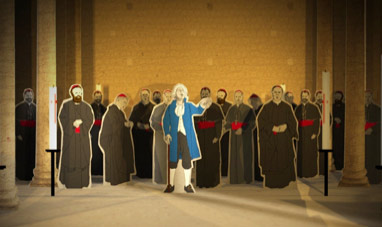

TALLEYRAND
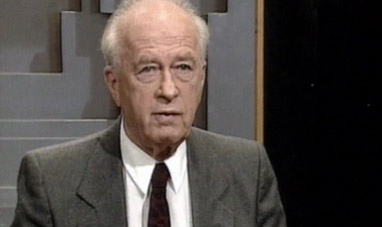

YITZHAK RABIN
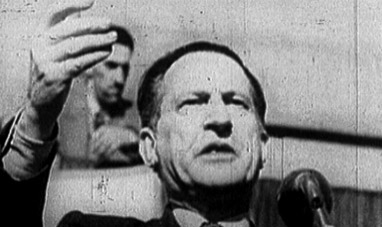

ALCIDE DE GASPERI
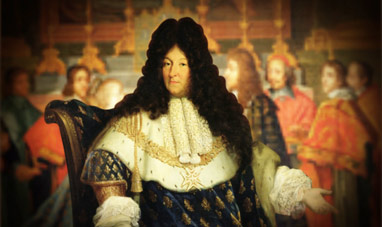

LOUIS XIV, THE SUN KING


DENG XIAOPING
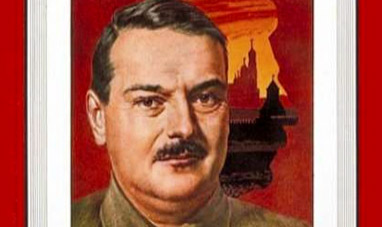

ANDREI ZHDANOV
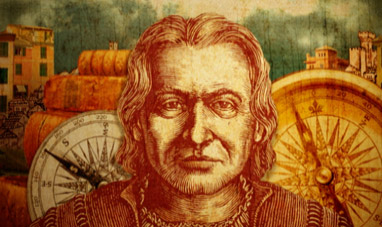

COLUMBUS, CHRISTOPHER
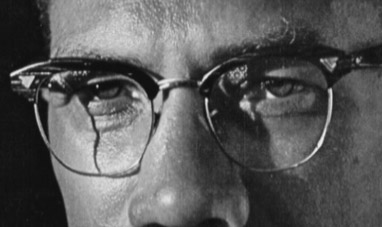

MALCOLM X
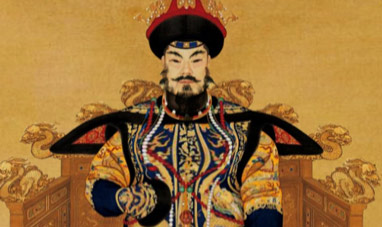

QIN SHI HUANG
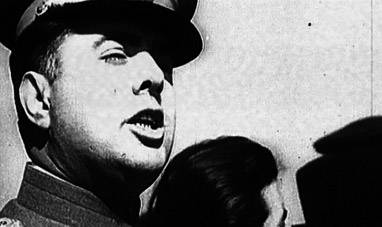

ENVER HOXHA
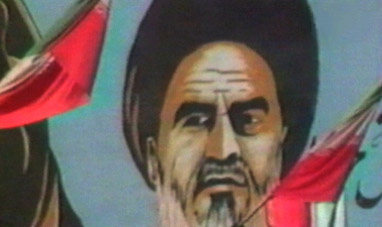

RUHOLLAH KHOMEINI
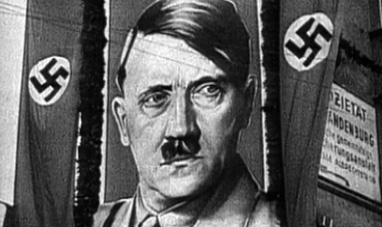

ADOLF HITLER
